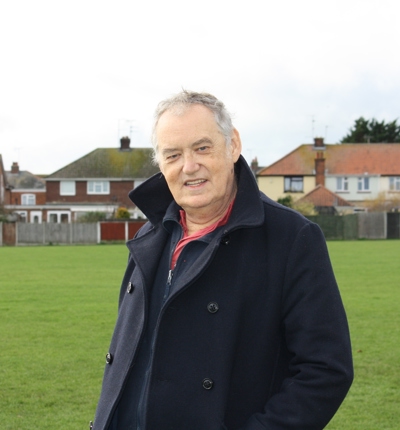
High Court date for legal challenge to Government's voter ID pilots
A judicial review challenging the Government's plans to require ID in local elections will be heard in the High Court on 7 & 8 March 2019.
Posted on 13 February 2019
The judicial review is being brought by Neil Coughlan, 64, from Witham in Essex who believes the pilot schemes are unlawful under the Representation of the People Act 2000 and will have the effect of preventing people from voting in the 2019 local elections.
Mr Coughlan also argues that the Government’s claim that the scheme is being implemented to help tackle voter fraud does not withstand scrutiny as the evidence suggests that cases of voter fraud by impersonation are exceedingly rare.
The Government announced on 3 November 2018 that eleven local authorities would take part in the voter ID pilots for the 2019 local elections. Three of those local authorities have since withdrawn from the scheme, with one other local authority coming forward.
Under the pilots, prospective voters in the participating areas will be required to meet ID requirements set down by the respective local authority in order to be able to vote. The Government is running the pilots with a view to rolling out the voter ID requirement nationally in future elections.
Mr Coughlan, who is fundraising for the case via CrowdJustice, said:
“Universal Suffrage - the right to vote for all adult citizens, regardless of property ownership, income, race or ethnicity - is a concept that lies at the very heart of our democracy. I have brought this legal case because I feel duty bound to challenge a Government scheme that would erode our hard-won fundamental rights, merely to combat a problem that barely exists. It is the poor and vulnerable who will be affected by this - people who already struggle to have their voices heard. On 7 March I will be attending the High Court to defend our democracy against the Government’s dangerous plans.”
Tom Short, solicitor at Leigh Day who is representing Mr Coughlan, said:
“Our client is deeply concerned that the requirement to produce ID in order to vote is likely to prevent or discourage prospective voters from exercising their right to take part in the democratic process and will only serve to further disenfranchise marginalised communities.
“At the hearing on 7 & 8 March we will argue on Mr Coughlan’s behalf that by imposing restrictions on who can vote the Cabinet Office is acting outside the powers given to it by Parliament to approve pilot schemes aimed at increasing voter participation. We will argue that any attempts to introduce voter ID requirements in elections ought to be subject to the proper scrutiny of Parliament.”

